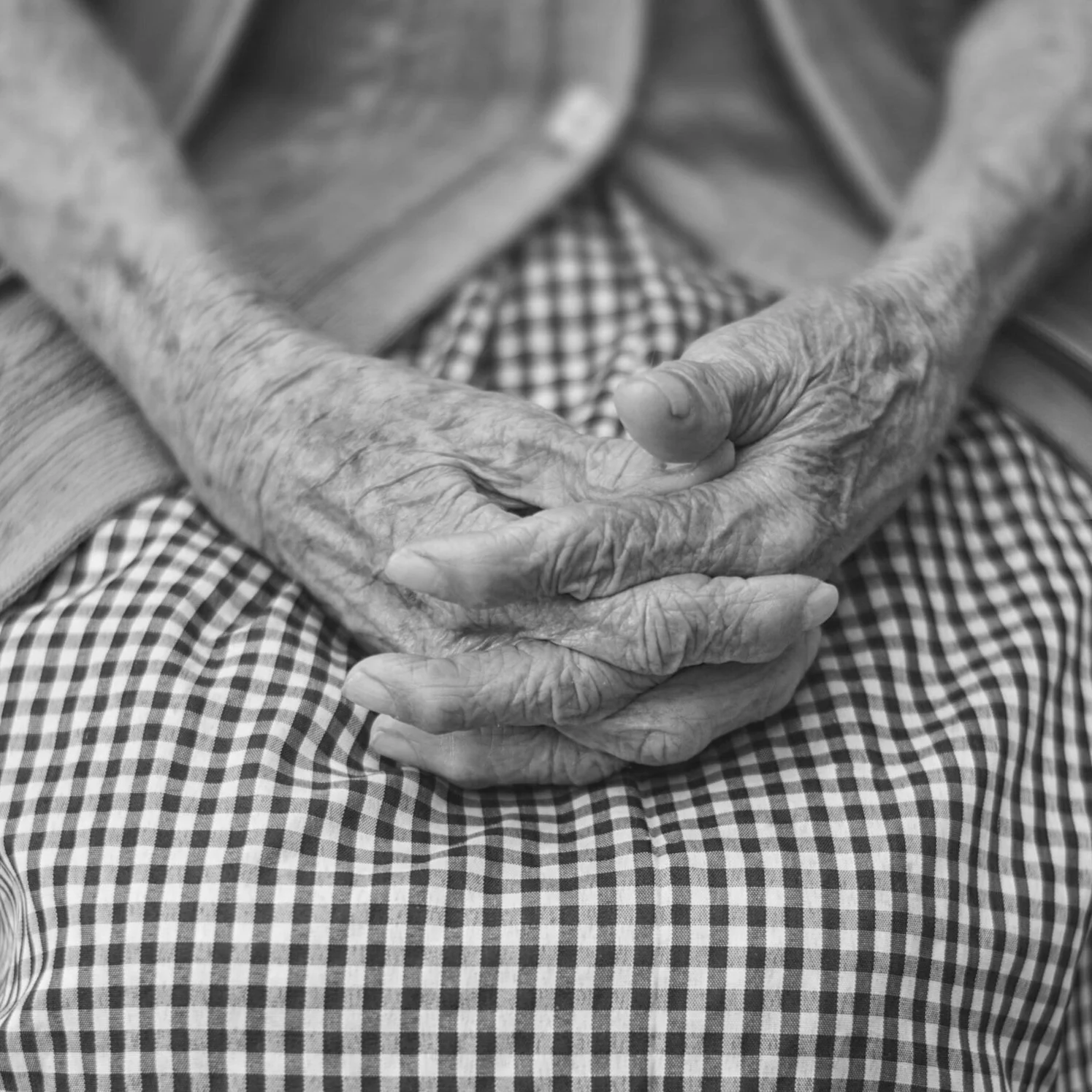
Malnutrition
Malnutrition is a sad sign of gross negligence in nursing facilities. Nursing homes must be held accountable for all instances of malnutrition, and you or your loved one may be eligible for financial compensation for your suffering.
What is Malnutrition?
Malnutrition occurs when the body does not get enough nutrients due to a lack of food. There are multiple reasons that malnutrition occurs in nursing home facilities, but none of them are excusable. Malnutrition is a form of abuse that is hard to detect and diagnose in the elderly, as many symptoms overlap with natural signs of aging. However, there are signs that your loved one may be experiencing malnutrition due to nursing home neglect.
Signs of Malnutrition in the Elderly
Your first clues that dehydration or malnutrition are occurring with an elderly patient may be disorientation and confusion, which is never a normal characteristic at any age. Other signs of malnutrition include:
Loss of fat
Depression
Decreased white blood cells
Reduced muscle and tissue
Tiredness, fatigue, apathy
Irritability
Edema in lower arms and legs
Dry mouth
Thinning hair or hair loss
Death
Long healing time for wounds, infections, and illnesses
Breathing difficulties (higher risk of respiratory failure)
If you notice any of these or other signs of malnutrition, do not hesitate to report it immediately to the nursing home staff or administration. If you believe someone is in imminent danger, contact the police and consider removing your loved one from the facility.
What is Gross Negligence?
Gross negligence is defined by law as a conscious and voluntary disregard of the need to use reasonable care, which is likely to cause foreseeable grave injury or harm to persons, property, or both. If you suspect a loved one is suffering from intentional malnutrition, do not hesitate to seek legal assistance immediately.
Causes of Malnutrition Due to Gross Negligence
Malnutrition in the elderly can be caused by many factors. Some of these include:
Medical or psychological issues
Insufficient staff training
Poor staff-to-resident ratio
Failure to account for medication side effects
Social issues
Nutritional professionals advise nursing homes to conduct regular screenings by qualified healthcare staff to determine if malnutrition is present. However, because of the lack of medical assessments and screenings in the nursing home industry, this condition often goes undiagnosed or misdiagnosed.
Nursing Home Malnutrition Attorneys
Smith Clinesmith is focused on bringing justice to the elderly who are suffering abuse in nursing homes and other senior care facilities. If you or a loved one has experienced malnutrition in their nursing home, contact us. Our team of experts will analyze, evaluate, and defend your claim in a court of law if necessary.

